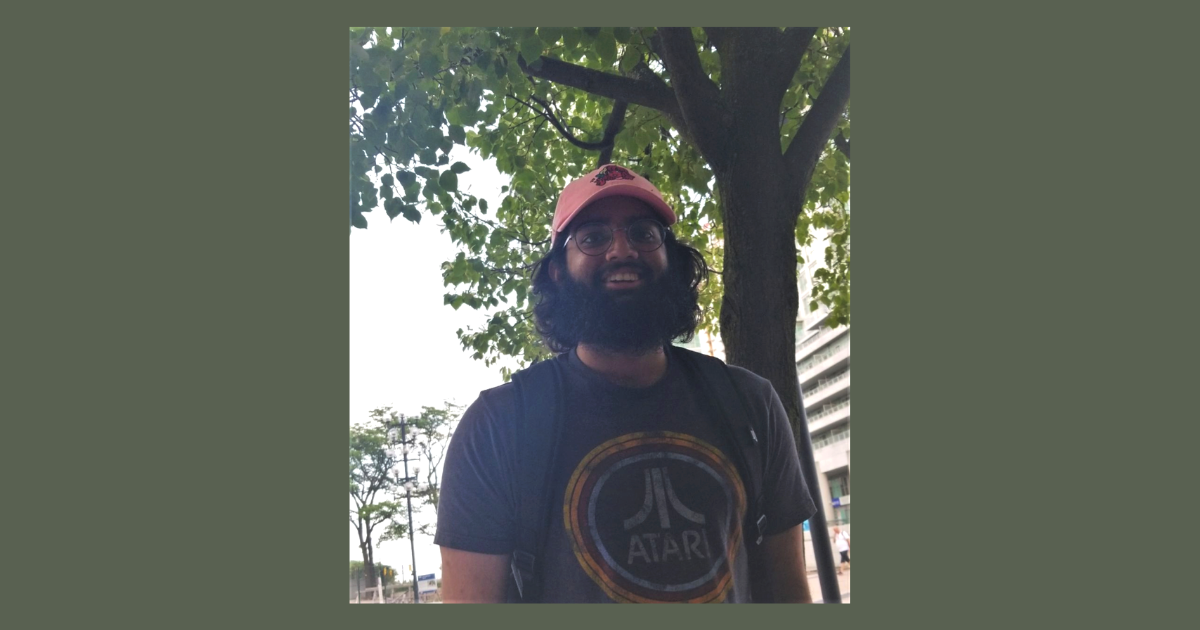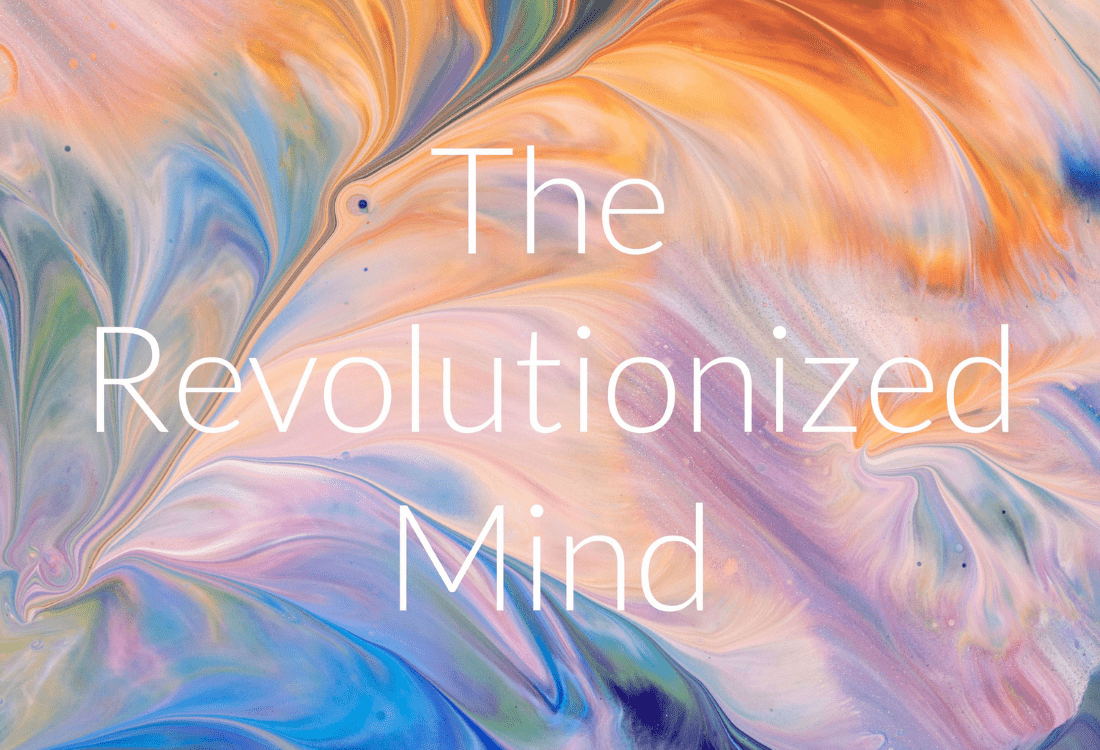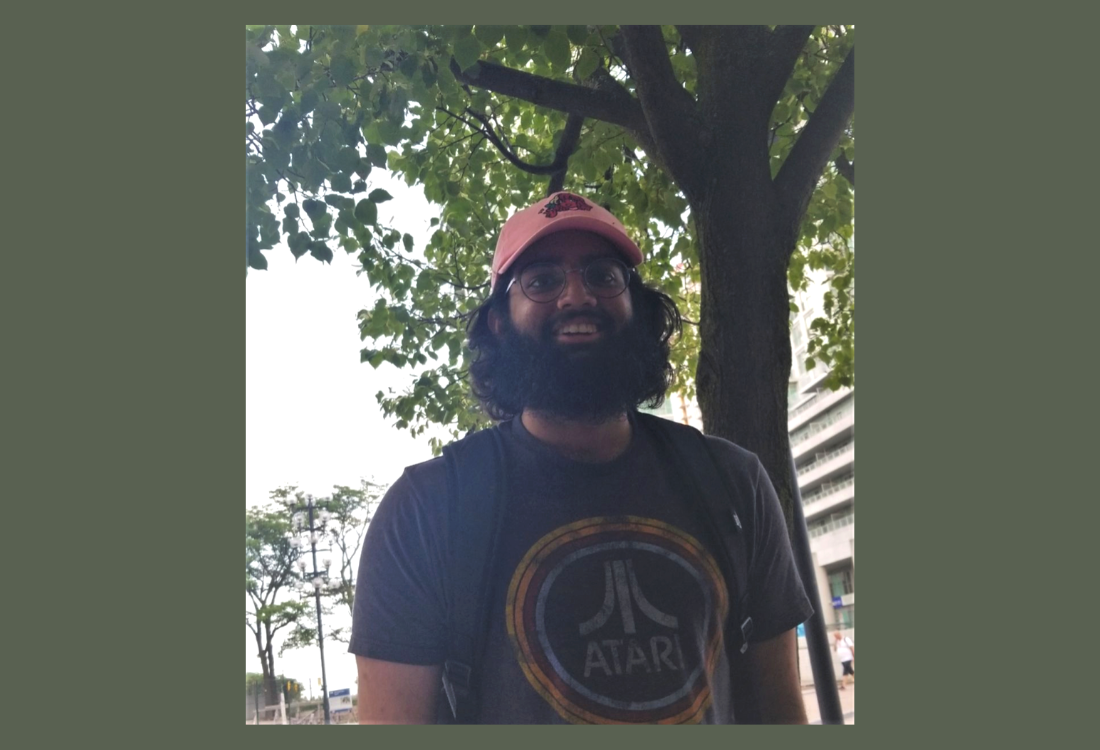A Conversation with Josh: Talking Ketamine Infusion Treatment
 Interviewed by: Lauren Lee
Interviewed by: Lauren Lee
Photo from: Joshua Mootilal
Earlier in the year, Josh reached out wanting to share his mental health story. Since then, he has started his journey with ketamine infusion treatment. In this interview, we sat down to talk about his experience with the treatments.
L: What was it like getting your first Ketamine infusion treatment?
J: Well, I kinda messed up the first one. There’s a thing where you can’t eat 6-8 hours before so I’d planned in the morning the time frame, but I ended up sleeping on the drive there. Then when we got there we had a bit of time to kill so we went and got food and I remembered the second I stepped in the office that I wasn’t allowed to. The thing with Ketamine is that it makes you not really feel your body – and it also makes you nauseous. So if you throw up you just would drown in your vomit. So I couldn’t actually end up getting the treatment that day.
L: How are the treatments themselves, what’s the process like?
J: The infusions themselves are pretty non-invasive. It’s pretty easy. You have to answer a survey every time though cause it’s how they’re studying the Ketamine and off of patient experience. But if you’re not okay with needles you’d probably hate this, but for me, I’m very used to needles. One time I broke my wrist and I got so many needles with painkillers, and my nerve-block shots were done by injecting needles as close to the nerves as possible, so I’m used to needles.
They start by strapping an IV into you first and then they bring over the bag of Ketamine fluid. And it’s nice cause they turn off the lights and it’s suggested that you bring headphones to listen to music so you can kinda just vibe for a bit and relax.
It’s an interesting experience. It gets less and less intense the more used to it you get, but it still very much makes you hallucinate, in a way. Because my eyes are closed I don’t see actual visual hallucinations but just in my brain I feel it, I feel like I’m somewhere else. Sometimes I feel like I’m moving when I’m really not. The main thing was that it made me think of a lot of “what ifs” like getting funding for this treatment, or having this treatment work, or catching the attention of a celebrity on Twitter or something like that, or being able to pursue all my passions and things I want to do. It felt like I was dreaming. It helped though feeling a bit empowered, though how you feel getting the treatment in the moment isn’t reflective as to how it will actually help you. So you could have a bad time and it would still work or a great time and have it not work for you.
L: Have you have any bad experiences during the treatments?
J: You’re sort of prompted to stay in a positive mindset while you’re going through the infusion before you even get to your appointment to make sure nothing bad happens while you’re there. I haven’t really had anything bad or traumatic experiences, but I had it happen a few times where right after the treatment I was just feeling really depressed, but that happens I guess.
Eventually, I couldn’t afford the infusion treatments anymore so I had to switch to the sublingual tablets, which are like a dissolvable tablet you just stick under your tongue. That was bitter as hell. It’s nasty. When it dissolves you can’t swallow it immediately, you have to let it sit in your mouth and it becomes this slimy mess because of the saliva in your mouth. So that sucks cause it’s just uncomfortable cause you have to be holding water in your mouth for a while and have to be conscious of that.
The tablets don’t really work for me, I didn’t really feel anything after which sucks. The price range between the sublingual and the infusions is pretty big, so if the tablets worked that would’ve been pretty nice.
L: So the infusions were an overall positive experience then?
J: Yeah, I did feel more productive and positive after the infusions. I didn’t feel so stuck in a hole and things were so desperate and unsalvageable. I didn’t feel so full of despair. There were some days after the infusions where I felt like I could do it like things were hard but I could do it, and that was a new experience for me. So that was my indication to tell that the infusions were working. I’ve never had that sort of positive effect from anything ever, really.
L: Have the infusions, and the positive experiences you’ve had with them, made you feel more hopeful? Have those moments of positivity helped you cope with what’s going on in the world, i.e. COVID?
J: I mean, the horrible thing is, is that my life hasn’t changed all that much. It’s the life of the recluse and of someone who can’t get themselves together. But I did find that when I had a structure in my life, like going to school and getting out of the house, it did help me. It gave me a bit of a feeling like things were more stable, but now with COVID, that’s not even an option so I’m back feeling completely removed from the world.
L: Are there any COVID rules or restrictions at the clinic you went to receive your treatments?
J: There’s only one person allowed at a time and no one is allowed in with you during the infusions. You have to wear masks during the infusion and during the sublingual treatments.
L: How does it feel doing the tablet treatments with a mask on? I’d imagine that would feel kind of uncomfortable.
J: It’s always a concern about throwing up, like I always hope I don’t throw up cause then I’ll just be throwing up into my mask and that’s so much worse. But if you’re someone who hates taking medicine you would hate this, it is so uncomfortable, it is just so uncomfortable. The tablet becomes slimy in your mouth so you can feel it. And you have to swallow it all at once so I can see how someone would gag or even start crying, cause it is bitter as hell.
L: It sounds like the infusions have been helpful, but how have you tackled the cost of them?
J: The cost side of things stresses me out. It’s harder to feel the benefits of the treatment cause I’m worrying and it’s an added stressor. But no other treatments have worked, I’ve been working hard trying to get better. It’s been both bad and good, it’d be much better if I didn’t have to worry about the money.
L: From what we talked about in our first interview, it sounds like these treatments are really expensive. Have you been getting more traction to your GoFund Me or are you funding these treatments all on your own?
J: I’m paying from my own savings, cause I have no other choice really. I don’t have much left. The GoFund Me has died down, it’s basically come to a dead halt.
L: That's gotta be tough. I'm glad to hear though that the treatments have been a largely positive experience for you.
Thank you for taking the time to sit down with me again and share your story.
Check out some more blogs on students' expereinces with mental health:

The Revolutionized Mind
Read about how Angelica copes with her mental health, and how she started a podcast dedicated to mental health.
Published on


